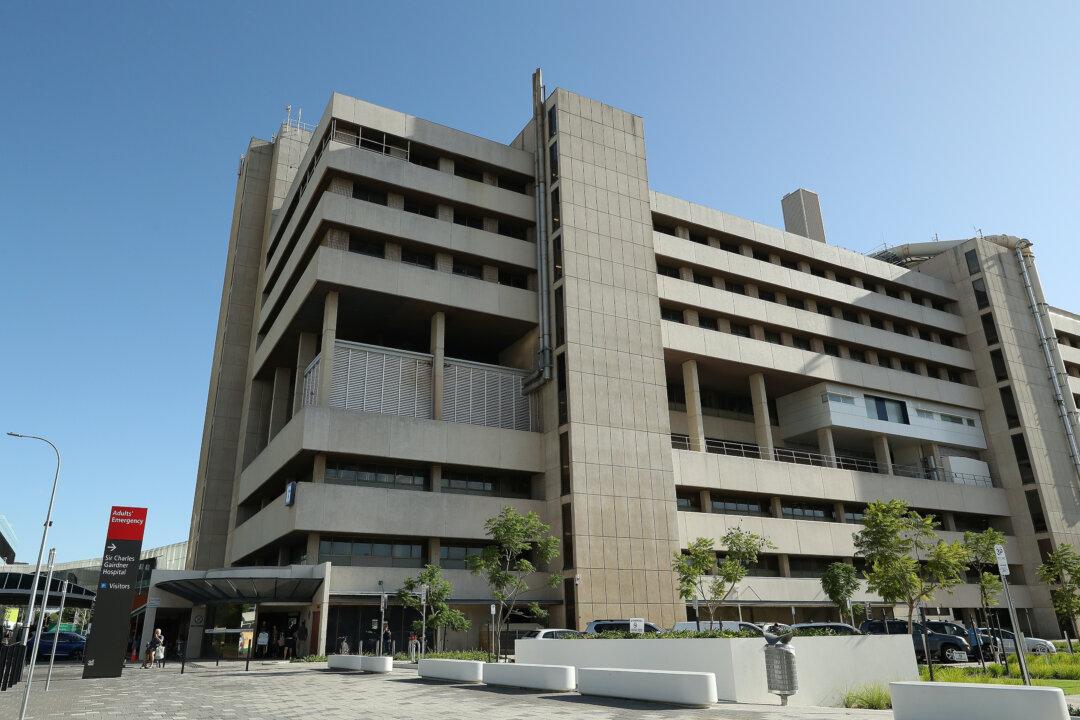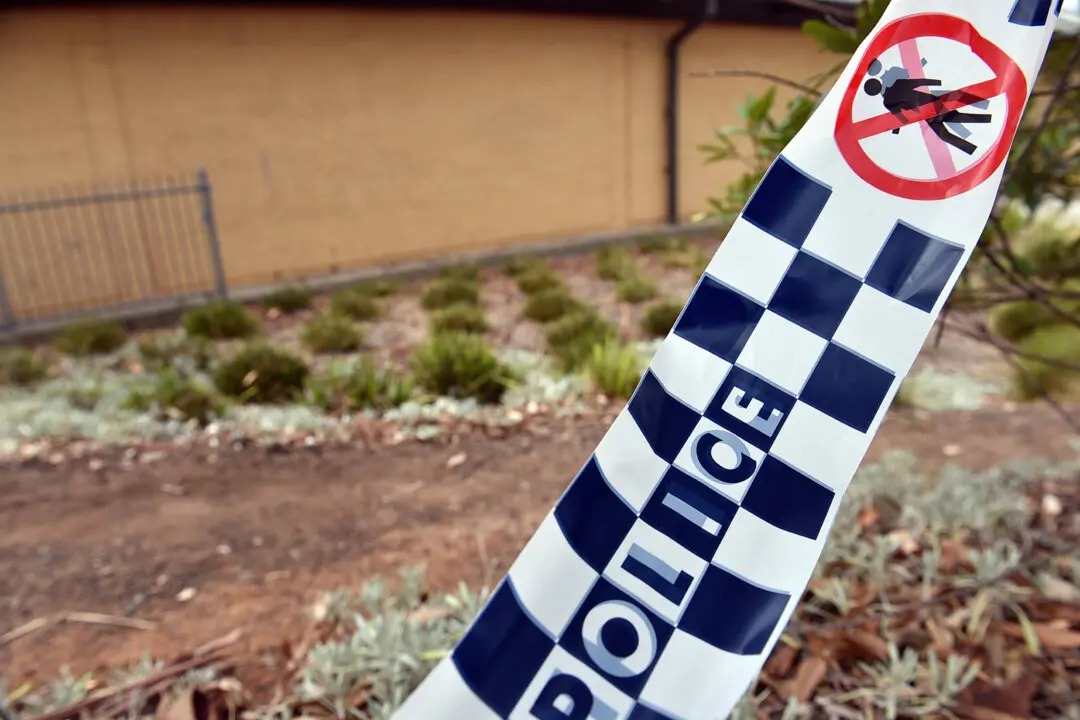Australia can no longer keep new coronavirus cases out of the country, the nation’s chief medical officer has said.
Professor Brendan Murphy made the comment while explaining why Australia has banned arrivals from virus-hit Iran, but not two other major hotspots, Italy and South Korea.





